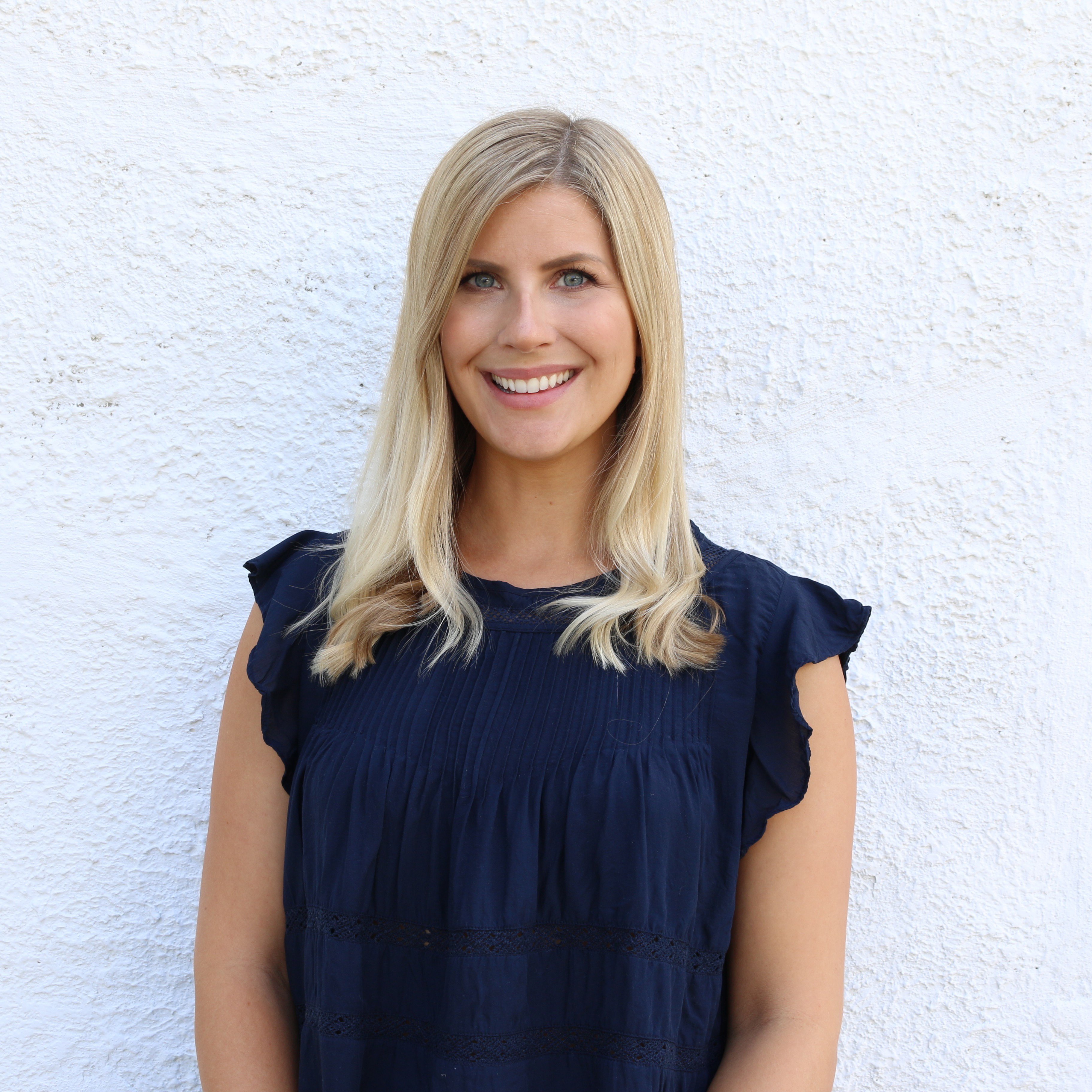What is escrow?
You don’t have to live in Portland to appreciate this highly relatable “Portlandia” sketch. Here, the show’s main characters Fred and Carrie watch a fictional video called “Escrow 101” where the try to understand the origins and meaning of this word to frustrating (and hilarious) effect.
Don’t worry, though: Escrow is not as confusing and convoluted as the sketch makes it seem—unfortunately, it’s not as entertaining, either. The escrow period and escrow accounts are an important part of the homebuying process and homeownership, so even if it’s a little bit dull, you’ll want to keep reading.
CHECK OUT MORE CONTENT FROM OUR HOMEBUYERS WEEK
What does escrow mean?
Escrow’s etymology actually tells us a lot about its modern meaning. Way back in the 1590s, the word escrow arose from the French word escroe, meaning a scrap or a small piece. Eventually, that literal translation evolved into a more figurative meaning, as a portion of money held in trust for a deed.
The escrow period is the time between signing your purchase contract and closing on the house.
What is the escrow period?
As you get toward the end of your homebuying process, you’ll proudly tell people you’re “in escrow.” But do you know what it means? Here’s the answer.
The escrow period is the time between signing your purchase contract and closing on the house—and it’s an incredibly busy (and potentially stressful) time for homebuyers. The escrow period usually lasts about 30 days, although it can go longer if you’re considering a short sale.
During the escrow period, your lender will have a home appraisal completed and begin processing your loan. You’ll also need to get homeowners’ insurance set up (with proof of purchase for your lender) as well as generally be available to sign any forms and answer any questions your lender may have as they get closer to approving your loan and closing on the home.
An appraisal may turn up unexpected expenses that you’ll have to move on quickly while in escrow. For example, during my escrow period, the professional appraiser found lead paint in exterior windows that required repainting. I had to work quickly to find a painter who was available to fix all the windows and schedule a follow-up with the appraiser all before my closing date.
An appraisal may turn up unexpected expenses that you’ll have to move on quickly while in escrow.
What is an escrow account?
Once you’ve closed on a home and gotten the keys, you’re no longer in escrow. You’re a homeowner. But escrow fun doesn’t stop with the escrow period. Now, you’ve moved on to the big leagues: an escrow account.
When you start paying for your home monthly, you’ll be paying for your principal and interest via a monthly mortgage payment. However, those monthly mortgage payment calculators aren’t telling you the full story. Throughout the year, you’ll also be responsible for additional payments, such as home insurance premiums and property taxes—note that some areas charge both city and county property taxes.
An escrow account helps you manage property taxes, insurance premiums, and other payments more easily.
If you put less than 20 percent down on your home, you’ll also be responsible for paying private mortgage insurance premiums. If you live in a flood zone, you’ll be paying flood insurance premiums as well. Enter escrow.
An escrow account helps you manage property taxes, insurance premiums, and other payments more easily. You’ll put money into your escrow account each month through your lender. Instead of a lower monthly mortgage payment, you’ll pay a higher lump sum to your lender each month.
Then, the lender will divvy up that payment into principal and interest to pay off your loan and will put the rest into an escrow account. Not only will the money be there when you need it, but your lender will also take care of payments for you if you have an escrow account.
You won’t need to think about when your homeowner’s insurance premium is due or when your property taxes need to be paid. Instead, your lender will automatically send these payments in on your behalf using the money in the escrow account.
Although lenders usually overestimate the amount needed to cover all your expense in an escrow account, occasionally they underestimate. But don’t worry—they’ll work it out through a nominally higher monthly payment. For example, if your property taxes go up one year and your escrow is too short to cover the costs, you’ll be responsible for the difference. You’ll also see your monthly payment go up to help cover the cost of future property tax payments.
Should I have an escrow account?
According to Quicken Loans, a majority of homeowners use escrow accounts, and it’s easy to see why with the convenience factor. Many homeowners also find it easier to set aside money every month via a monthly payment than to add in high lump sum payments at different points during the year. It’s certainly easier to budget when you use an escrow account.
However, homebuyers and homeowners who are interested in every nickel and dime that goes into their home might prefer to abstain from getting an escrow account. Moreover, since lenders often overestimate the amount needed in escrow, a homeowner who foregoes an escrow account may end up with more money in their pocket by the end of the year.
If a lender has heavily overestimated how much you need in escrow—rare but possible—that’s money you could be making interest on in a savings or brokerage account.
Underscoring that point is that you won’t be earning any interest on an escrow account. If a lender has heavily overestimated how much you need in escrow—rare but possible—that’s money you could be making interest on in a savings or brokerage account. Still, escrow is palatable for most homeowners because of its convenience and ease of budgeting.

